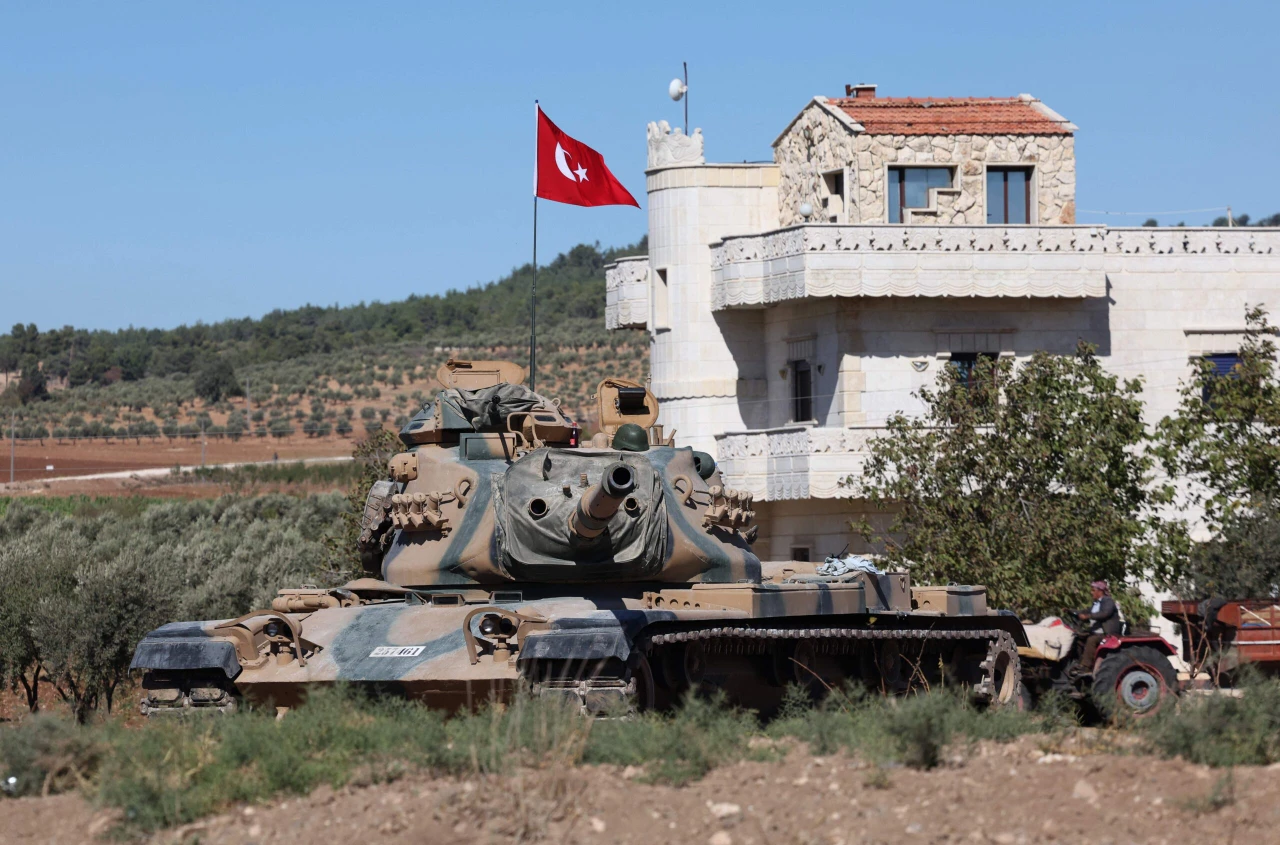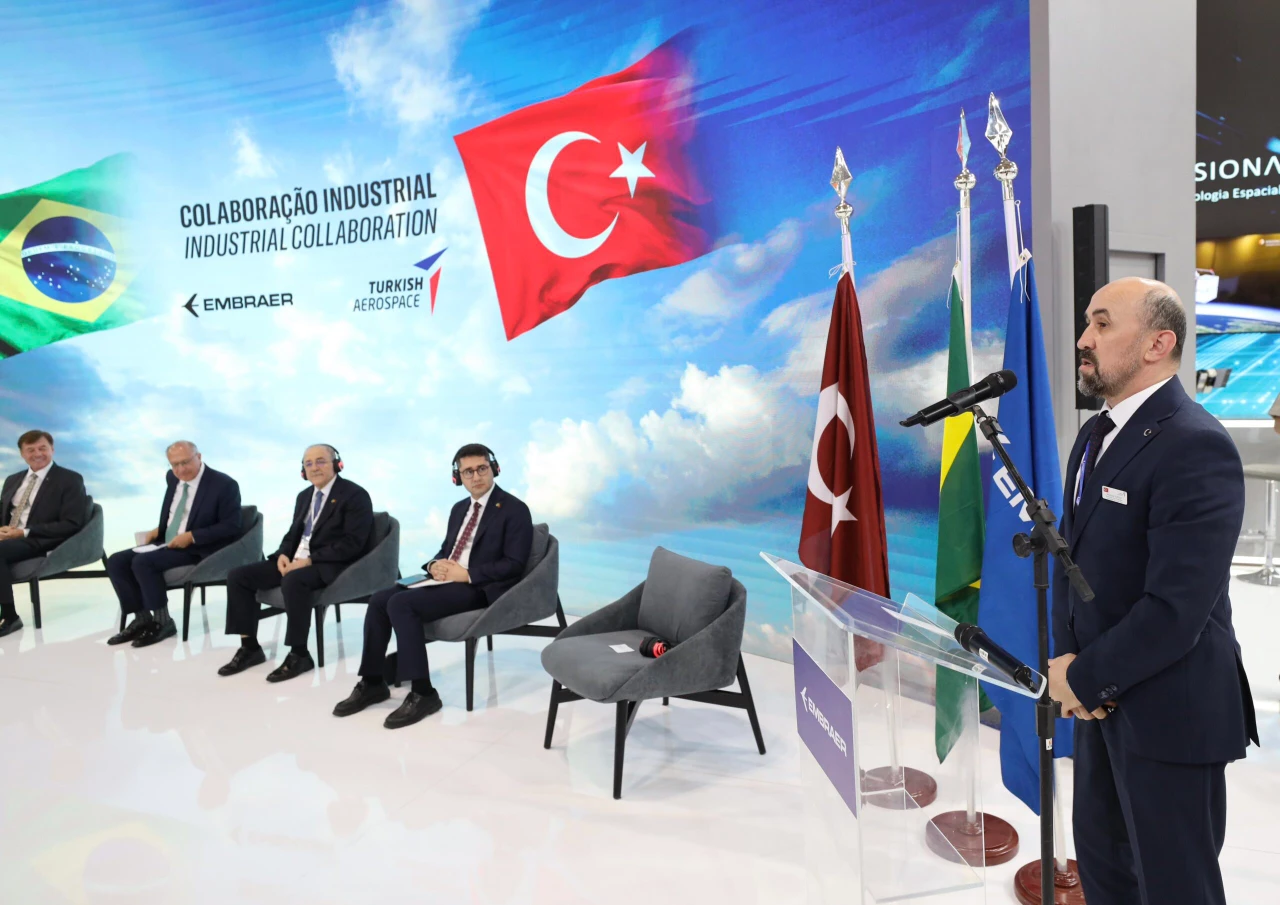Albania’s minimum wage remains the lowest in Europe
 Albanian Prime Minister Edi Rama gestures during a news conference at Tirana Business Park, in Tirana, Albania, September 14, 2021. (Reuters Photo)
Albanian Prime Minister Edi Rama gestures during a news conference at Tirana Business Park, in Tirana, Albania, September 14, 2021. (Reuters Photo)
Albania continues to struggle with one of the lowest minimum wages in Europe, despite ongoing efforts to raise it. According to recent data from the European Institute of Statistics, Eurostat, Albania ranks at the bottom of European countries in terms of purchasing power.
Although Albania has overtaken North Macedonia in nominal wage value, it still falls back to last place when adjusted for purchasing power parity (PPP), which accounts for the cost of living across different countries. As of July 1, 2024, Albania’s minimum wage remains the lowest among European countries and candidate nations when measured by PPP.
The gap between Albania’s minimum wage and that of its regional neighbors, including Serbia, Montenegro, and North Macedonia, becomes especially evident when factoring in purchasing power standards (PPS). While the nominal value of the minimum wage in Albania stands at 40,000 lek (approximately €400), the country’s purchasing power is notably weaker.
Eurostat’s report highlights that Albania’s minimum wage is equivalent to just 556 PPS, far behind other countries like Turkey, which boasts the highest PPS among candidate nations at 919. Montenegro, Serbia, and North Macedonia also surpass Albania in purchasing power, leaving it at the bottom of the rankings.
In comparison, Serbia’s minimum wage exceeds 500 euros per month, and its purchasing power index is significantly stronger than Albania’s. The minimum wage in Serbia stands at 544 euros, while Montenegro offers a slightly lower wage of 532 euros. Even in North Macedonia, where the minimum wage is nominally lower at around 360 euros per month, purchasing power remains higher than in Albania due to differences in cost of living.
A key factor contributing to Albania’s position is the fact that its minimum wage is set in euros, and the devaluation of the euro artificially inflates its nominal value. While this gives the appearance of wage growth, the real purchasing power is diminished, leaving Albanian workers with less financial flexibility compared to their regional counterparts.
Eurostat emphasized that countries with non-euro currencies, such as Turkey, Czech Republic, Hungary, and Poland, as well as candidate countries like Albania, experience disparities in wage rankings when converted to euros using the exchange rates effective as of June 2024.
Despite continuous efforts by the Albanian government to close the wage gap with the rest of Europe, the country remains economically vulnerable. The devaluation of the euro means that Albania’s minimum wage, when converted, is about 10% higher, yet this figure does little to ease the financial burden on workers. With neighboring countries moving ahead in terms of real wage growth and purchasing power, Albania faces ongoing challenges in improving the quality of life for its working population.



